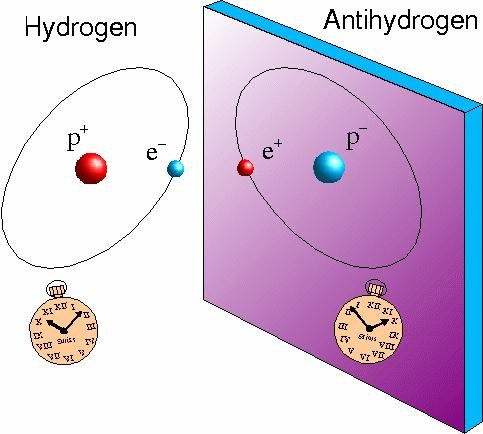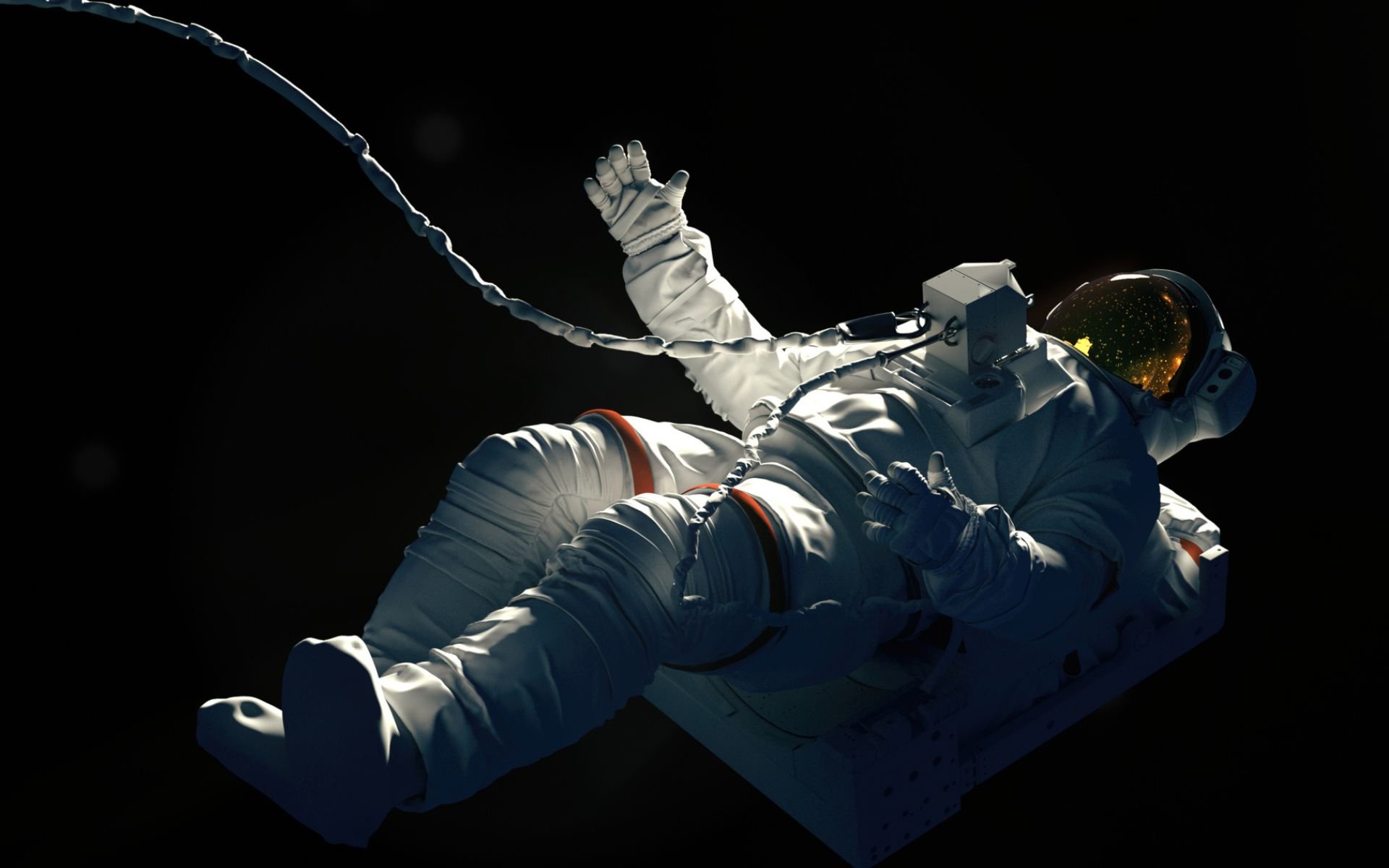There are four fundamental interactions in the Universe, defined by the laws of Physics we know: The strong nuclear force, which holds protons and neutrons together; the weak nuclear force, which is responsible for radioactive decays and species changes between quarks and leptons; electromagnetic force that ensures the formation of neutral atoms; and gravity occurring between massive objects.
According to Newton’s Law of Gravitation, which we learned in school, gravity is strictly attractive, meaning that it has no opposite, repulsive behavior: Mass only attracts mass, because there is no equivalent of “negative mass” to repel. In Einstein’s general relativity, In the current most accurate definition of gravity, matter and energy warp spacetime, and this distortion is what we experience as gravity..
But what if it were actually a negative mass or some form of negative energy? Could space-time warp in the opposite direction, causing antigravity?
Fortunately for us, one of the most surprising things about science is how universally applicable the laws of nature are.
As far as we can observe and measure in laboratories on the ground and in the depths of the universe, all particles obey the same rules, experience the same forces, and feel the same fundamental constants. For example, from the perspective of gravity on Earth, stable particles fall into the gravitational field as expected and accelerate towards the center at 9.8 m/s².

So what can we expect from unstable particles in an antimatter atom, for example, where the atoms consist of antiprotons instead of protons and antielectrons (or positrons) instead of electrons?
If we leave an antihydrogen atom (consisting of an antiproton at the center and a positively charged positron orbiting it), Will it fall towards the center of the Earth or rise in response to some sort of anti-gravity?
Theoretical models predict that antimatter atoms should accelerate in exactly the same way as ordinary matter atoms, but no certainty can be shown until measurements are made. This answer only came last year with the results of one of the most elaborate and spectacular experiments ever carried out by humanity.

On September 27, 2023, an international team of physicists from the European Center for Nuclear Research (CERN) presented results that antimatter responds to gravity in the same way as normal matter, once again confirming the General Theory of Relativity model proposed by Albert. Einstein more than a century ago.
This result marked the first direct observation of free-falling antimatter, more specifically antihydrogen atoms, in which a standard downward rather than upward trajectory was observed.
The experiment consisted of producing and trapping antihydrogen atoms in a magnetic vial whose ends contained controllable magnetic fields. To witness the effects of gravity on antiatoms, physicists reduced the strength of the magnetic field at both ends to allow the antiparticles to gain mobility..

Due to the mutual destruction that occurs when matter and antimatter come into contact, When each antiparticle wandered to the top or bottom of the magnetic vial, it self-destructed within seconds..
The researchers analyzed these flashes and found that many more anti-atoms went to the bottom of the flask than to the top: about 80% of them behaved this way, and this result held true across a dozen repetitions of the experiment. Additionally, the gravitational acceleration of antihydrogen is close to that of normal matter, approximately 9.8 m/s².
Although questions can still be asked about the behavior of other anti-atoms, they are all expected to behave similarly. The results collected at CERN put a practically definitive point on the matter: To the dismay of sci-fi fans, there is no such thing as antigravity, at least when it comes to antimatter.
Source: Tec Mundo
I’m Blaine Morgan, an experienced journalist and writer with over 8 years of experience in the tech industry. My expertise lies in writing about technology news and trends, covering everything from cutting-edge gadgets to emerging software developments. I’ve written for several leading publications including Gadget Onus where I am an author.












